The success of companies’ strategies for finding, attracting and retaining clients and the ability to create a solid pillar of confidence in the market, which can lead to economic development, depends on an understanding of the basic concepts and principles of consumer protection.
Although the individual entrepreneur may have to pay a price to comply with consumer protection laws, in the aggregate, these laws generate social and economic benefits. The restrictions established in the Federal Consumer Protection Law (LFPC) coincide with the legally protected good pursued by other economic regulations, like those regarding the breakup of monopolies and unfair trade practices. The rights of the consumer should not be viewed as an impediment for the business, nor does complying with rules protecting these rights place the business at a disadvantage before the law.



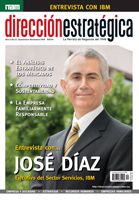
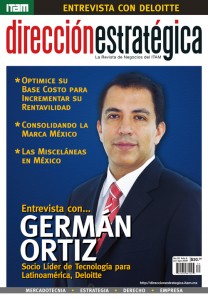
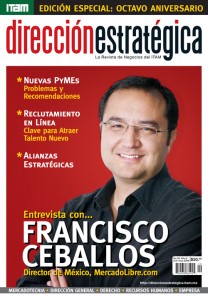
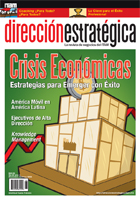
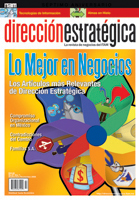
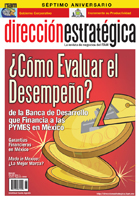
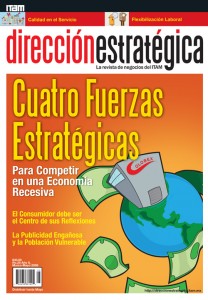
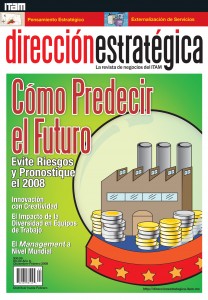
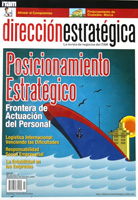
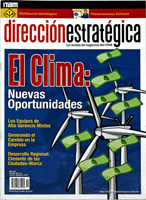
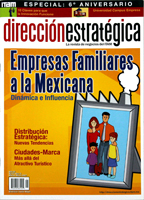
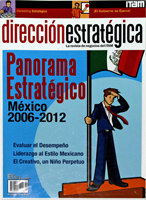
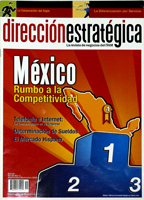
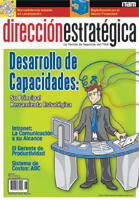
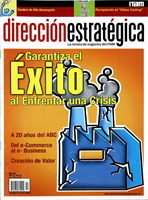
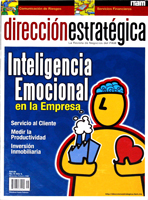
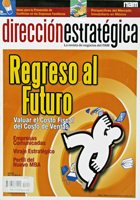
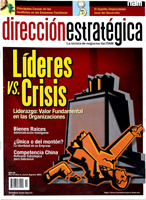
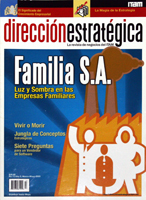
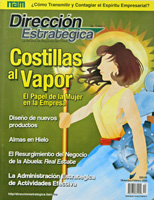
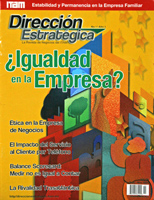
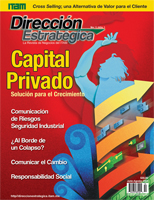
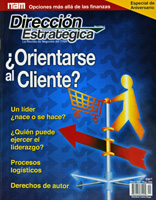
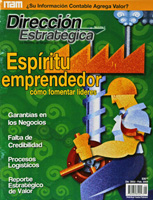
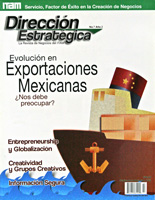
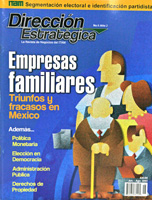
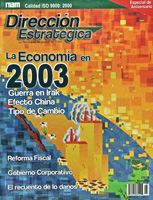
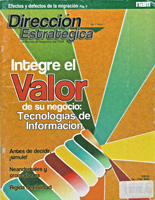
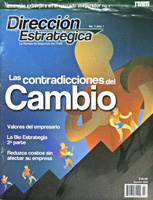
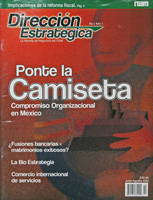
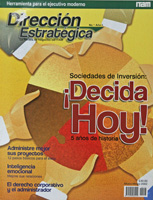
You Can Sell Through the Nose, Too
In order to survive, human beings must be capable of carrying out three related activities: sensing events (also called stimulation), assessing the stimulus, and responding to that stimulus. An environmental stimulus is some feature of the environment that alerts the senses-for example, the colors of a stoplight, the smell of smoke or the sound of an ambulance siren-and provokes a response. The stimulus is in turn detected by receptors, which are specialized cells in the nervous system sensitive to these stimuli. When receptors are activated, the person experiences one or more sensations, which are basic aspects of perception.
(read more…)